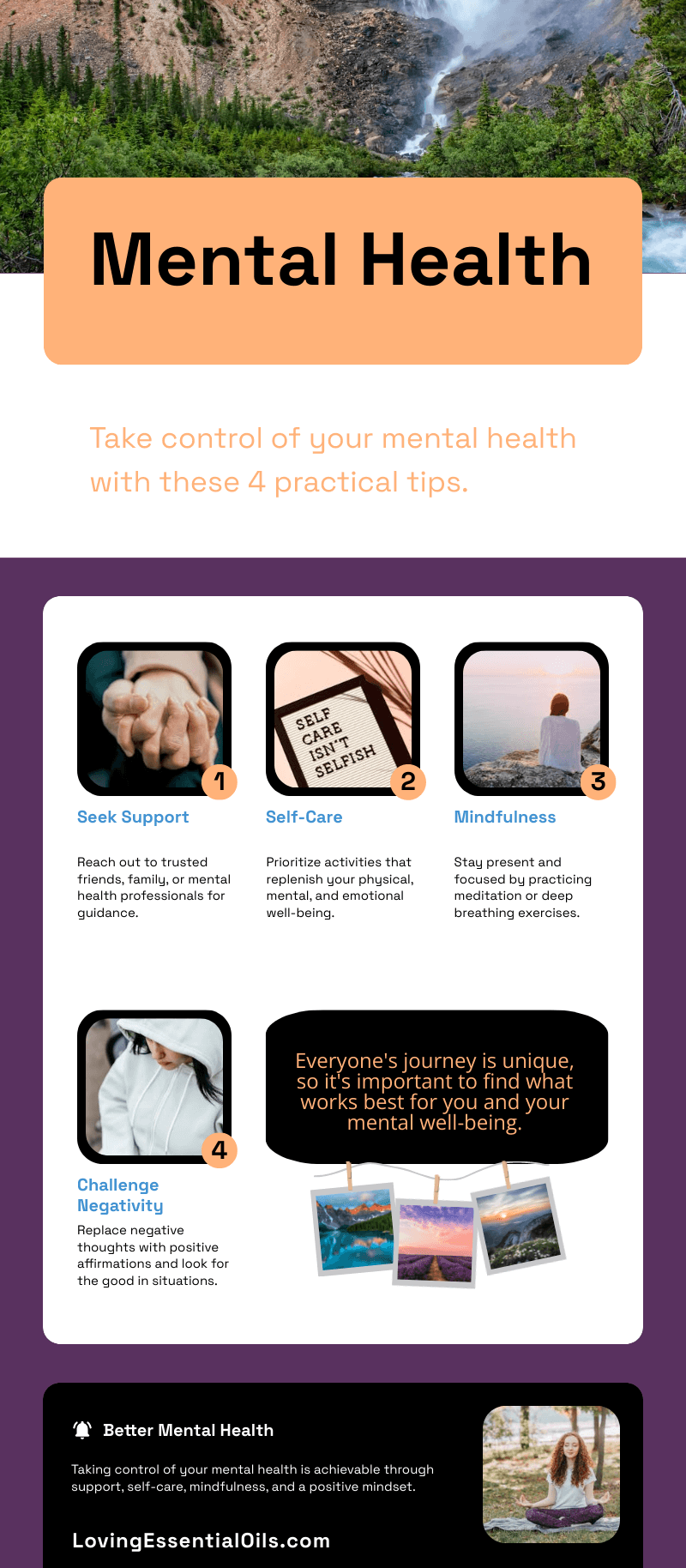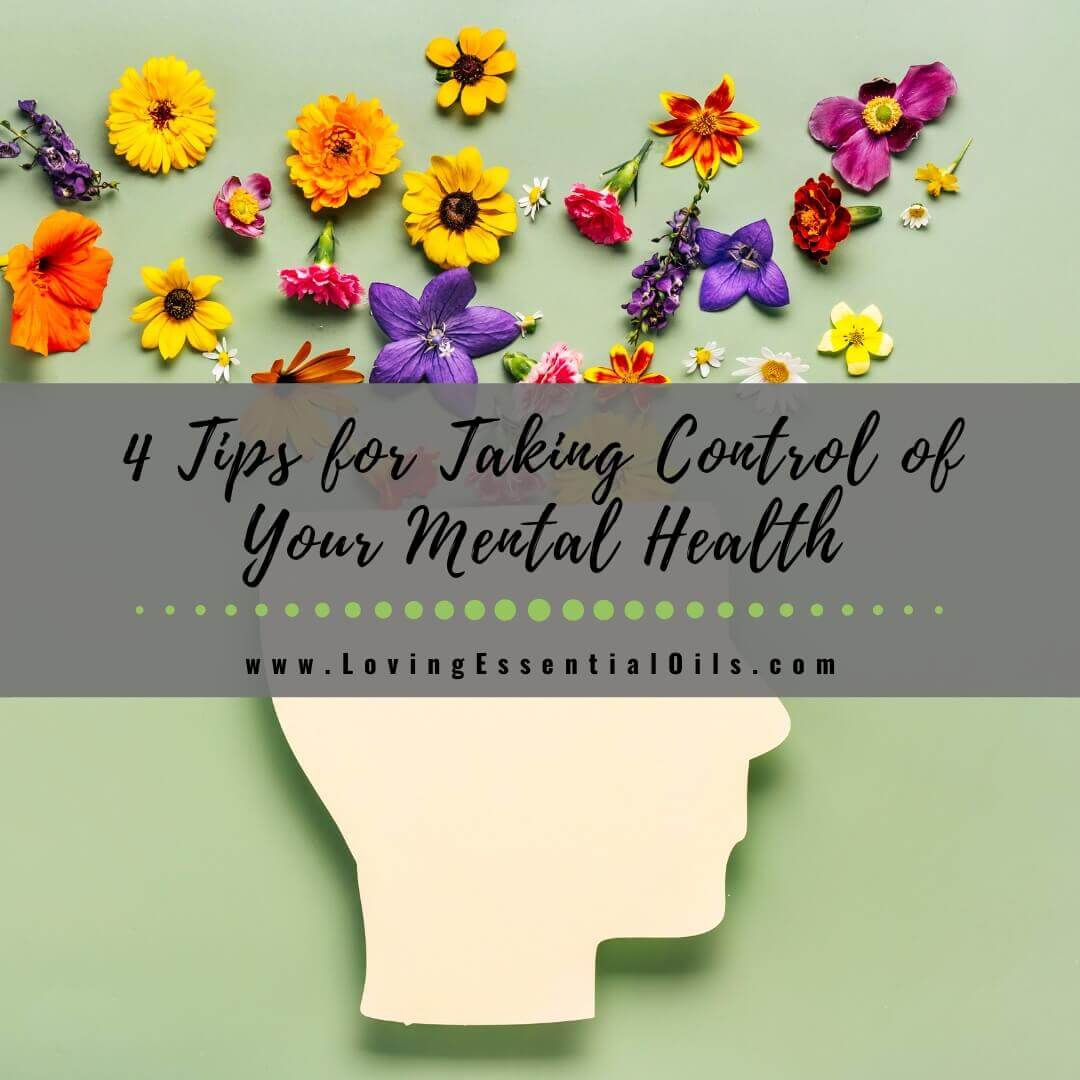Many factors can affect our mental health, including genetics, past experiences, and current circumstances. While some of these may be out of our control, there are still steps we can take to actively improve our mental health and feel more in control of our lives.
In this article, we will discuss four important tips for taking control of your mental health. By implementing these strategies into your daily routine, you can work towards achieving a healthier and happier state of mind.
Seek Support
Seeking support is one important step in taking control of your mental health. This can include reaching out to trusted friends or family members, seeking professional counseling or therapy, or joining a support group.
Remember that it's okay to ask for help and that you don't have to face your struggles alone.
Seeking support can also be especially helpful when overcoming anxiety, as having a support system can provide a sense of reassurance and understanding during difficult times. Reach out and lean on others for support when needed.

Prioritize Self-Care
Self-care entails the deliberate act of allocating time to nurture your physical, mental, and emotional well-being. This encompasses essential practices like ensuring adequate sleep, consuming nutritious, well-balanced meals, and engaging in consistent exercise.
It could also mean indulging in hobbies or activities that bring you joy and relaxation. Prioritizing self-care is crucial for maintaining good mental health, as it allows you to recharge and refocus on yourself.
Neglecting self-care can lead to burnout and increase feelings of stress or anxiety. Make sure to schedule time for self-care into your daily routine and stick to it.

Practice Mindfulness
Mindfulness means being present in the moment and paying attention to your thoughts and feelings without judgment. This practice can help reduce stress, anxiety, and negative thinking patterns.
By being aware of our thoughts and emotions, we can learn to manage them better and improve our overall well-being. Some ways to incorporate mindfulness into your daily routine include meditation, deep breathing exercises, or simply taking a few minutes each day to tune in to your surroundings.
Challenge Negative Thinking
Our thoughts can have a significant impact on our mental health, and it's important to recognize when negative thinking patterns arise. Instead of letting these thoughts consume you, try to challenge them by asking yourself if they are realistic or based on evidence.
Replace negative thoughts with positive affirmations or find evidence that contradicts them. This process may take time and practice, but it can help rewire your thinking patterns and improve your overall mental health.
Be patient and kind to yourself during this process.
Taking control of our mental health is an ongoing journey that requires effort and dedication. By seeking support, prioritizing self-care, practicing mindfulness, and challenging negative thinking, we can work towards achieving a healthier state of mind.
Everyone's journey is unique, so it's important to find what works best for you and your mental well-being. With these tips in mind, you can take control of your mental health and live a happier, more fulfilling life.
Share on Pinterest






